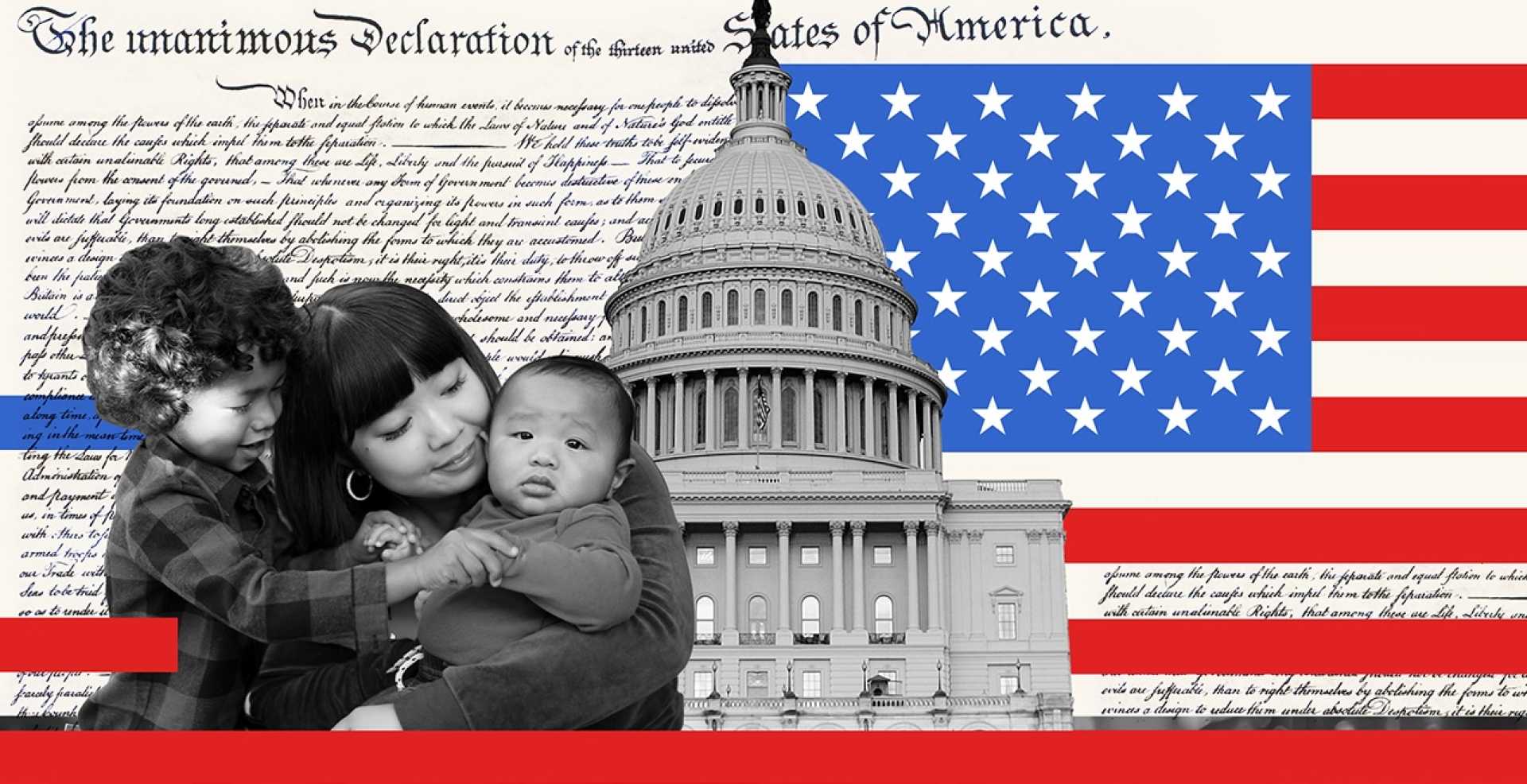News
Federal Judge Halts Fast-Track Deportations under Trump Policy

WASHINGTON, D.C. — A federal judge on Friday blocked the Trump administration’s attempt to expand fast-track deportations of undocumented migrants detained in the U.S. The ruling comes as a significant setback for the Republican administration’s efforts to ramp up deportations in the country.
U.S. District Judge Jia Cobb ruled that the expanded use of expedited removal violates the due process rights of migrants. The judge stated these migrants have already established a connection to the country, thus meriting protection under the Fifth Amendment.
In her 48-page opinion, Cobb criticized the government’s argument that individuals who entered illegally have no right to due process. She emphasized that such reasoning could jeopardize the rights of all individuals, not just noncitizens. “Were that right, not only noncitizens, but everyone would be at risk,” Cobb wrote.
The expedited removal process, which previously only applied to those apprehended near the U.S. border and in the country for less than two weeks, was expanded in January by the Trump administration to include those apprehended nationwide. This policy affects many migrants who have been in the country for up to two years.
During arguments, advocacy groups such as Make the Road New York asserted that the policy leads to deportations without due process. They stated it has been used to arrest migrants at immigration courts, thus denying them the right to a hearing.
The Department of Homeland Security (DHS) pushed back, arguing that the policy is a lawful exercise of executive authority aimed at streamlining immigration enforcement and reducing court backlogs. However, Cobb held that the existing procedures are insufficient for the large number of individuals now covered by the expedited removal policy.
Cobb’s decision also affects ongoing efforts to deport migrants who entered the U.S. through humanitarian parole programs, reiterating that these individuals are entitled to due process rights.
The ruling is expected to face an appeal from the administration, but it highlights ongoing tensions around immigration enforcement in the United States.












